
Le temps des chimères : Quand l'humanité est poussée à accepter la différence
 9 min
9 min
Le temps des chimères : Quand l'humanité est poussée à accepter la différence
Une fois de plus, le plus récent livre de Bernard Werber, paru en octobre 2023, ne fait pas l'unanimité. Le temps des chimères est une belle brique de 450 pages, publiée aux Éditions Albin Michel, l'éditeur usuel de l'auteur. Malgré la longueur du livre, je l'ai dévoré en 3 jours tant l'histoire m'a accaparé..

Le Werberverse
Le personnage principal du livre est inspiré par un biologiste controversé ayant réellement existé du nom de Paul Kammerer, étant sa fille fictive, Alice. C'est une biologiste et généticienne qui travaille sur un projet tout autant controversé, tout comme son père. Pour en avoir plus sur Paul Kammerer, je vous invite à lire ici mon article à son propos.
Dans les histoires de Bernard... Tout est lié!
Un autre personnage faisant partie des aventures d'Alice est le petit-fils d'Edmond Wells, Benjamin Wells. Edmond est un personnage fictif de l'univers de l'auteur connu pour avoir écrit l'Encyclopédie du savoir relatif et absolu (un autre livre de l'auteur). Ce livre est une collection de fait historiques et scientifiques diverrs qui ont capté l'intérêt de l'auteur. Il mentionne et présente de nombreux extraits de l'encyclopédie dans plusieurs de ses autres livres.

Le projet d'Alice
Seules quelques personnes très proches d'elle supportent Alice, la plupart des autres la voyant plutôt comme une créatrice de Frankenstein moderne.
Alice Kammerer a le projet de créer des êtres hybrides: mi-chauve-souris mi-humain, les Aerials (A), mi-taupe mi-humain, les Diggers (D), mi-dauphin mi-homme, les Nautiques (N). On remarque les initiales qui forment ADN.
Toutefois, cette idée a un objectif bien précis; créer une nouvelle humanité qui pourrait mieux survivre à de futures catastrophes. L'histoire prend place dans nos temps modernes, où le réchauffement climatique cause de plus en plus de catastrophes naturelles. L'idée d'Alice est qu'en cas de tsunami ou d'inondation, par exemple, les Nautiques pourraient survivre dans ce nouvel environnement, alors que les Aerials pourraient se réfugier dans les airs. De la même façon, en cas de catastrophe nucléaire, les Diggers pourraient se réfugier sous terre. Étant donné que ces hybrides
Her idea is that in case of a natural calamity, such as a tsunami or flood, the Nautics could survive in a new aquatic environment, while the Aerials could take shelter in the sky. Similarly, in the event of a nuclear disaster, the Diggers could seek refuge and live underground. Comme ces hybrides conservent l'intelligence humaine (logique, et d'autres types ; interpersonnelle, émotionnelle, etc.), mais sont dotés d'aptitudes physiques surhumaines en raison de leur mélange génétique, ils pourraient être mieux adaptés à la survie dans un environnement hostile.
Mise en œuvre du projet précipitée
Son projet n'en était qu'à ses débuts et qu'elle a dû le mettre en œuvre rapidement. Compte tenu de la controverse entourant son projet, son bon ami Benjamin Wells, qui occupe un poste élevé au sein du gouvernement, a pu l'envoyer sur la Station spatiale internationale afin qu'elle puisse travailler sur son projet en toute tranquillité et sans être sabotée. Alors qu'Alice était en orbite, la troisième guerre mondiale éclata.
Dans l'espace, elle avait commencé à créer le premier être de chacune des nouvelles espèces de sa création, et c'est à son retour sur Terre que de nouvelles populations d'hybrides ont pu voir le jour.
Les hybrides sur terre
Comment l'homme (sapiens) réagirait-il face à une humanité différente, mi-animale? (N'oublions pas que l'homme est lui-même un animal) De la même manière que l'homme a toujours réagi à la différence, que ce soit avec des personnes d'une autre couleur de peau ou avec d'autres coutumes.
D'abord et avant tout, la peur.
Même dans un contexte de survie post-apocalyptique, alors que l'union serait bénéfique pour les chances de survie de chacun, les Sapiens essaieront d'accepter la différence, mais il leur sera difficile d'accepter ces êtres jugés inférieurs, parce qu'animaux.
Parfois, le livre nous laisse croire en cette humanité multi-espèces où Sapiens, Diggers, Nautics, et Aerials pourraient savoir vivre ensemble et utiliser les forces de chacun pour le bien commun, mais... le côté animal des hybrides et des humains revient toujours.
Est-ce que les Sapiens sauront un jour vivre en paix avec le monde qui les entoure?
Les hybrides n'ont souvent même pas le temps de prononcer un mot que, du fait de leur apparence différente et, avouons-le, un peu effrayante, ils sont immédiatement considérés comme des ennemis et attaqués par les humains.
Face à un lion paisible qui s'approche de lui, un humain ne réfléchirait pas à deux fois. Vaincu par la peur, il attaquerait tout de suite, pensant lutter pour sa survie, alors que le lion ne s'approchait peut-être que pour sentir le sac de viande derrière l'humain.
La peur est souvent ce qui motive une attaque... Comment ne plus avoir peur ?
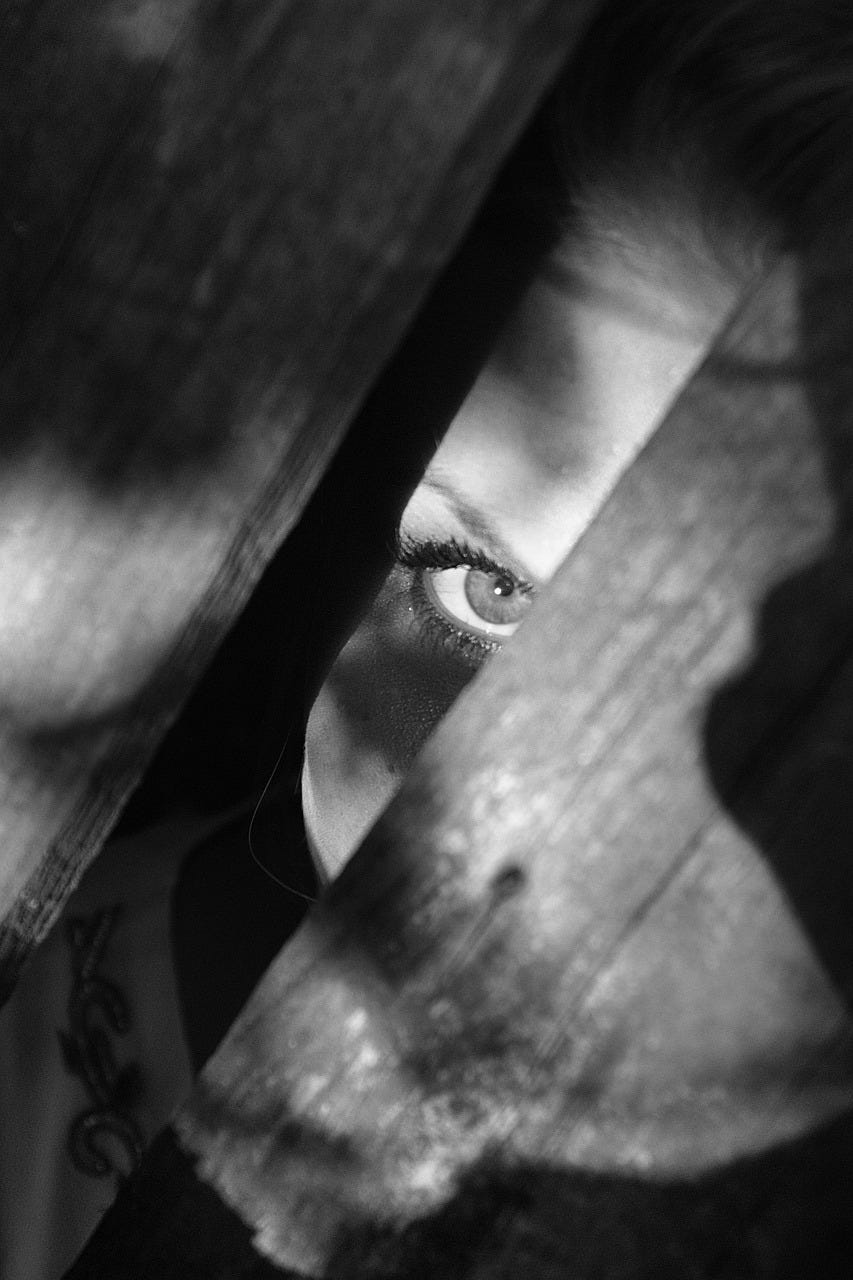
Le temps
Le livre couvre toute la vie d'Alice, qui tente de gérer son projet au fil des ans, malgré son ampleur. Nous suivons sa vie, ses pensées et l'évolution des sociétés hybrides.
L'histoire commence par une mention. Dès la première page, avant même de commencer à lire, Bernard Werber nous informe que l'histoire se déroule 5 ans après l'ouverture du livre. Je doute que l'auteur ait un réel pouvoir de prédiction, mais pourquoi cette histoire ne serait-elle pas possible ? Les progrès actuels de la génétique et de la biologie ne semblent pas démontrer que nous aurions les compétences scientifiques pour mener à bien un tel projet, mais qui sait s'il n'y a pas quelque part un scientifique caché qui y travaille ?
Les limites morales de la science
L'humanité d'aujourd'hui ne serait certainement pas prête à accepter moralement l'exécution d'un tel projet. Comme souvent dans son œuvre, Werber s'interroge sur la moralité de la science. Je dois admettre que le projet d'Alice de créer des hybrides a de quoi être discutable. Discutable, justement, donc à débattre et à discuter, et non pas à rejeter d'emblée. Dans l'histoire, les gens rejettent catégoriquement son idée sans même vouloir entendre l'objectif du projet. Ils ne voient que la partie impliquant de créer des monstres, mais pas l'objectif ultime du projet qui constitue la survie de l'humanité, juste une humanité différente. C'est pourquoi elle doit s'isoler dans l'espace pour réaliser son projet, car sur terre, elle est victime de sabotages.

Je peux comprendre que certaines recherches scientifiques puissent nous sembler immorales, mais avant d'entendre un résumé de l'idée et de la rejeter immédiatement pour des raisons purement morales, ne devrions-nous pas l'écouter complètement, y réfléchir, en discuter, avant de juger sur des idées simplifiées ? Que ce soit en science ou dans n'importe quel autre domaine, il me semble que les humains sont parfois un peu trop hâtifs dans leurs jugements.









 English
English
 Français
Français
 Deutsch
Deutsch
 Italiano
Italiano
 Español
Español



 Contribuer
Contribuer








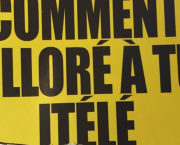
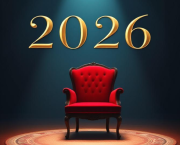
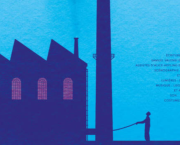

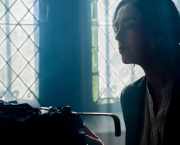
 Tu peux soutenir les auteurs qui te tiennent à coeur
Tu peux soutenir les auteurs qui te tiennent à coeur





